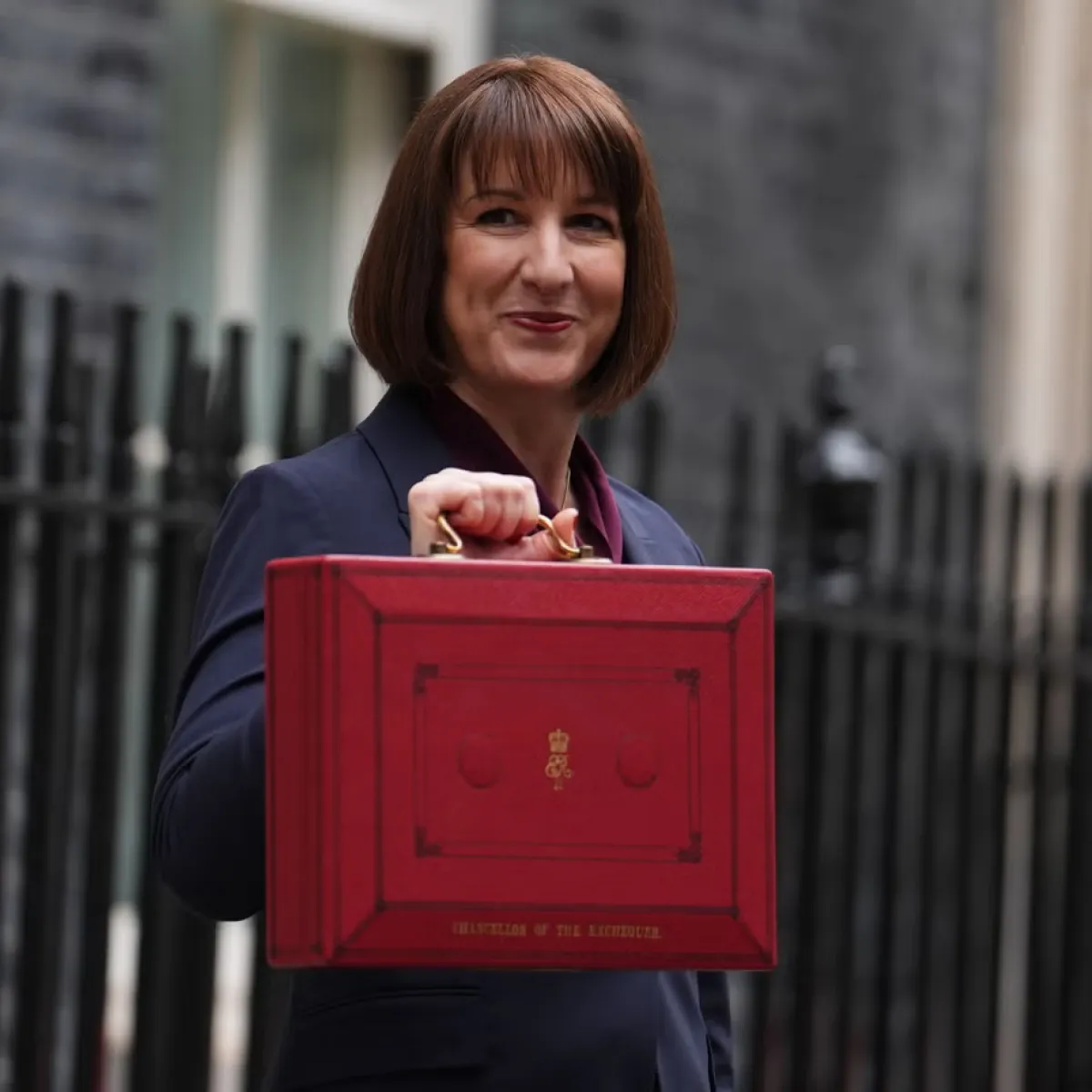This website uses cookies. Learn more
Underlying Political Vulnerabilities
What will be the economic challenges faced by government in the coming months as restrictions ease?
Lansons Lead Political Consultant James Dowling, unpacks the latest financial stability report by the Bank of England.
13 July: the Bank of England released its latest financial stability report.
Probably most striking was the moderate language about the economic situation given the events of the previous 16 months, with the UK economic outlook significantly improved due to the rapid rollout of the vaccination programme (albeit that a sudden worsening of the Covid-19 situation has the capacity dramatically to change this). The Bank found that business insolvencies have (so far) been “relatively muted” due to Government support schemes. On the household side, the picture is similar; the Bank notes that the “share of households with high debt-servicing burdens has increased slightly during the course of the pandemic, but remains significantly below its pre-global financial crisis level”.
So far, so good. The overall picture is remarkably calm given the chaos of the past year.
Indeed, Resolution Foundation recently found that average household wealth had actually increased by £7,800 during the pandemic – a boom delivered by a combination of house price inflation and reduced opportunities to spend.
It is the basic job of any politician, political adviser or civil servant not to ask where most of the benefit is falling (although knowing that is important) but to understand what could go wrong – where the hard cases are which could generate problems down the line. What is striking about both these reports (beyond the significant economic uncertainty as the UK embarks on a world first total removal of Covid-19 restrictions) is the extent to which the top-line picture masks some significant vulnerabilities.
The Bank of England pointed to business vulnerabilities “in sectors most affected by restrictions on economic activity” – the problems of the hospitality and travel industries are well known – and among SMEs. Similarly, the Resolution Foundation found that the poorest 30% of households have seen an average wealth increase of just £86 per adult over the course of the pandemic. These are businesses and households which are likely to be particularly reliant on the support measures – the Universal Credit £20 uplift; the furlough; the self-employment income support scheme – which are now being withdrawn into the Autumn.
At the same time, we have the spectre of rising inflation – caused among other things by a huge influx of money into both the UK and global economic system, and, in the UK in particular, by Labour market shortages – many due to Brexit – pushing up wages in certain sectors (hospitality, farming) and prices beyond. The legacy of the pandemic and Brexit could be a dramatic increase in wealth inequality, with those who are least well off suffering from a double whammy of an increased cost of living and less support just at the point when this bites.
For policymakers considering Budgets and Spending Reviews in the Autumn, this raises real questions about what to do.
It is reasonable to want to withdraw emergency support if (and it is an if) we are moving away from the emergency phase of the pandemic. But the legacy of Covid-19 and Brexit will require long-term funding of a range of interventions including debt advice and skills training. Rishi Sunak might want to ponder Osborne’s experience in 2012, when cost of living issues made the former Chancellor the most unpopular politician in the country and caused him to be booed at the London Olympics. Sunak and Johnson will want to avoid facing similar problems should another major sporting opportunity arrive in the next year.
Stay in the loop with our experts




New Business: to find out how we can help you, contact our dedicated new businesss team consultancy@lansons.com
Careers: we’d love to hear from you, please visit our careers hub











